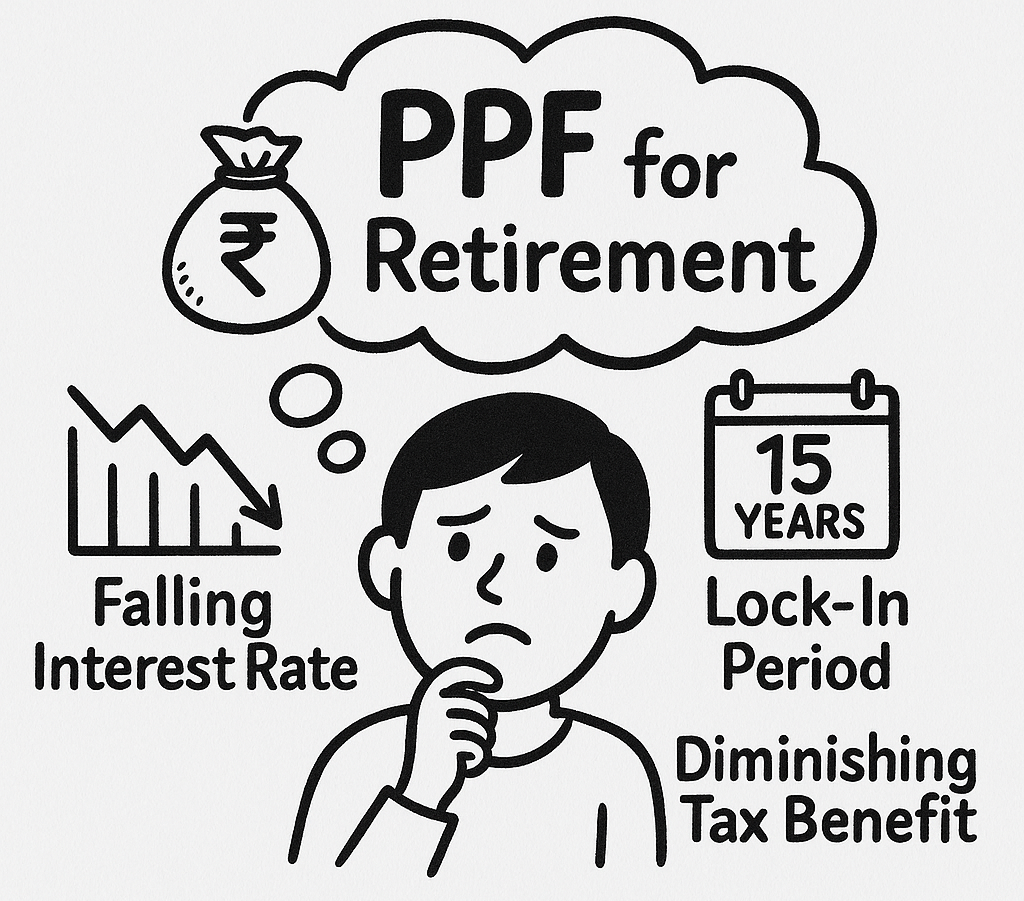I started my career like most – pursued an engineering degree in IT and landed a job at one of the top MNCs as software developer. Initially, I enjoyed the freedom earning on your own provides – going out with friends, buying stuff I thought I want, and spending money as if there is no tomorrow. On the day I received my first salary, I spent 60% of it on shopping (on a single day).
I was not thinking about saving up for future or investing. In fact, this was the time I got my first credit card (because it came along with my salary account). And I made my very first purchase with my credit card – brought a phone for my dad.
The next month, I received my credit card bill. I just paid the minimum balance and went on with life. The month after that, there was an item “Interest Charge” added to the bill. Well, I had no idea what it was, so I did what everyone else usually do – Googled it. And then came the realization.
Money lesson 1 – Credit card is NOT FREE MONEY!
Credit cards makes it easier for us to spend money we don’t have. And that is the very first step towards getting into financial trouble. Credit cards in fact charge the highest interest on outstanding balance ~3 to 4% per month (a whopping 45% per annum)
So, for the ₹ 12,000 phone I purchased, I would have paid:
| Year | Original Cost | Interest per month | Payable Amount |
| 1 | ₹ 12,000 | 3.20% | ₹ 17,512.08 |
| 3 | ₹ 12,000 | 3.20% | ₹ 37,294.98 |
| 5 | ₹ 12,000 | 3.20% | ₹ 79,426.07 |
That realization taught me another important money lesson!
Money Lesson 2 – Money Compounds (For good and bad)
A nominal ₹ 12,000 would grow to ~₹ 80,000 by the end of 5 years (assuming I didn’t use my credit card to make any further purchases, I pay just the minimum amount due).
Note: For simplicity, I have not reduced the minimum balance paid from outstanding balance and assumed a monthly compounding instead of daily interest calculations that credit card companies typically do.
Isn’t compounding wonderful? Money grows even without any efforts from our side. Yes, that can be beneficial if our invested money is growing, but not so great when the debt is growing.
Choose what you want to compound wisely!
PS: I paid my credit card in full the next month (just had to go without eating or buying basic stuff!)
PPS: Nope, not true. I did learn my lesson, but did not have the financial means to make complete payment. But I did close the credit card bill eventually (4 months to be precise), and never purchased more than what I could pay in full since then!


